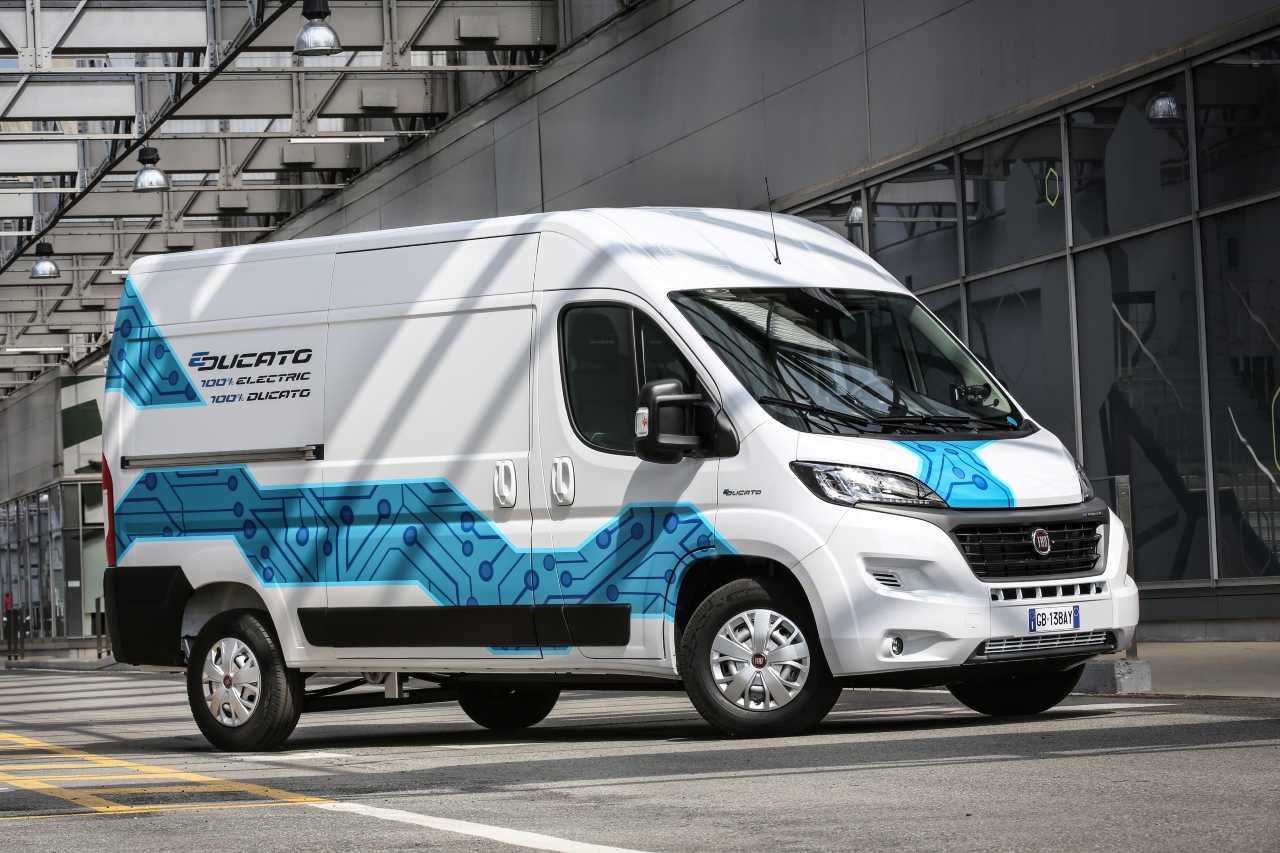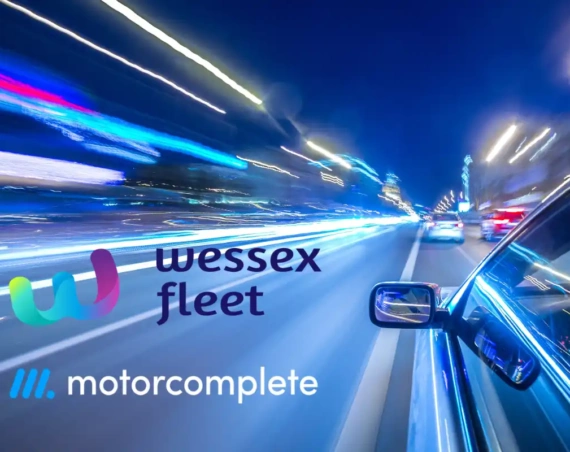THE BVRLA has launched what it calls a Van Plan to help operators move to zero emission vehicles and assist the government in understanding the assistance the commercial vehicle sector requires to meet its 2030 goal.
The association points out that the van sector faces a series of unique issues in the to transition to zero emissions.
These include:
- The cost and difficulty associated with installing fast charge points at van depots
- Many van drivers having to rely on public charge points to charge their electric vans
- On-street charging bays that are not large enough to accommodate vans
- The average zero-emission van is 31% more expensive than its diesel equivalent
- A lack of zero emission vans that are able to carry heavy loads for long distances or provide adequate on-board power for tail-lifts or refrigeration units
I am confident that the government appreciates the important contribution the van market makes to society and the UK economy, but it has failed to understand that commercial vehicles are a long way behind cars and a targeted plan is needed.
Gerry Keaney, chief executive, BVRLA
The practical measures the BVRLA wants the government to consider to get van fleet decarbonisation on track include:
- Ringfenced funding for the van sector
- New van charging grants and funding
- Ensuring the supply chain caters for vans
- Develop van specific targets and requirements for charge point provision
- Dropping the exclusion of rented and leased vans from the super deduction
Keaney added: “Without the right fiscal support millions of van drivers and fleet operators could see business recovery stifled and government could see zero-emission targets not met if steps are not taken now to support fleets and the 3.4 million people who rely on vans every day to do their job.”

Automotive and fleet writer for Broker News



